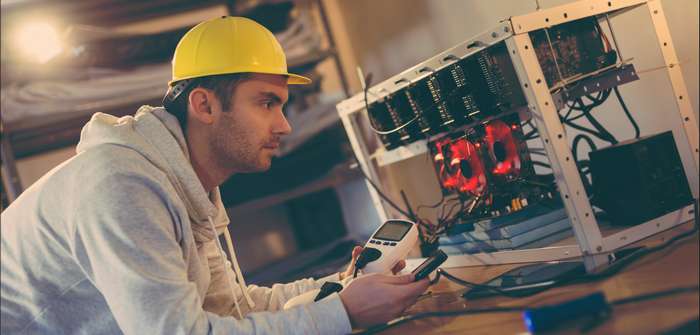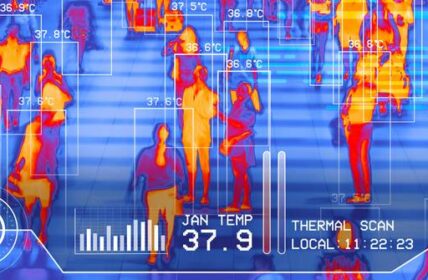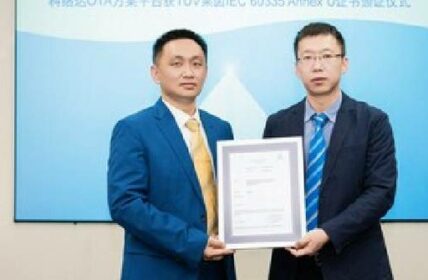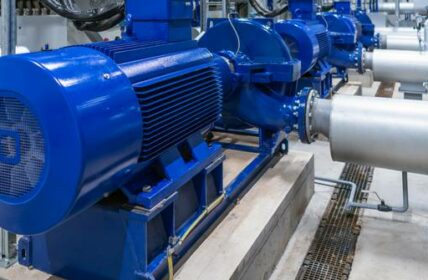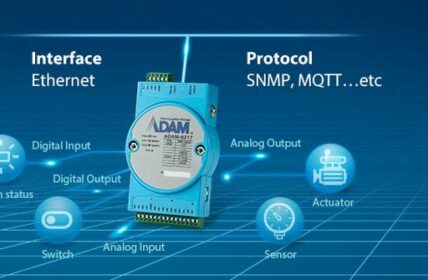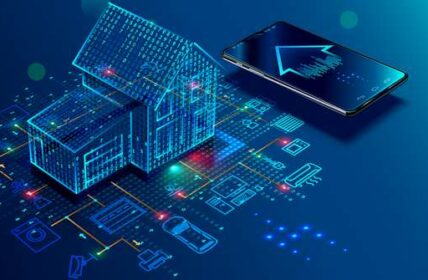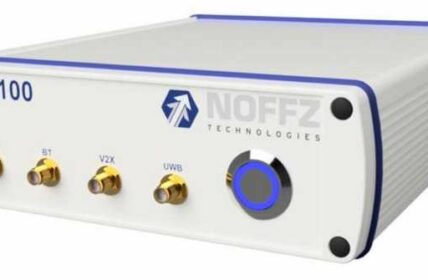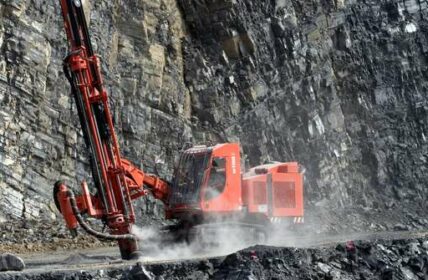CPS Energy, a municipal energy service provider from San Antonio, Texas, has carried out two IoT projects in parallel with numerous IT companies. They were designed to analyze the water and electricity consumption of citizens and businesses.
Table of Contents: What awaits you in this article
CPS Energy: a decade of experience with network projects
In 2012, the company laid the groundwork for the recently completed projects. Ten years ago, the developers of the wireless network assumed that they would eventually have to add new functions to the core of their AMI network for advanced metering infrastructure. That has now been the case.
Monitoring water meters and streetlights
CPS brought its years of expertise in monitoring water meters and streetlight energy use to the project. This involved equipping 2500 residential and commercial customers with meters that wirelessly transmitted their data to a dashboard from any location. This enabled users not only to record their own consumption, but also to identify potential leaks in the lines. The creators hope the results will lead to lasting changes in previous behaviors that will result in savings.
Itro: IoT supplier to the project and co-coordinator
To ensure that the second project could also be realized in all its complexity, a networking instance was needed. This part was taken over by the IoT company Itro. It not only ensured the provision with IoT devices, but also provided the necessary connectivity. Furthermore, Itro also connected the CPS water meters to its own mesh network and collected the emerging data in the Temetra platform.
Better living in the smart city
In this second part of the research, Itro took a slightly more active role than before. The goal was not only to better coordinate the numerous collaborators. It was also to better match the different needs of customers with technical solutions. Street lighting systems and parking lot occupancy were among the areas studied, as were flood detection, noise emissions and air analysis.
Division of labor for research
To measure air and noise conditions in the pilot project, CPS installed sensors from IT vendor Rongwen. They were able to display ambient noise from all conceivable sources in decibels and also analyze air components. The efficiency recording of the previous street lights was left to TerraGo, a service provider for smart city applications. Tomorrow.io, on the other hand, used its virtual sensors to evaluate meteorological values such as humidity and temperature.
And Cleverciti was able to provide sensors that could detect available parking spaces and show them on displays. In the end, all the information generated ended up in a data reservoir for the city. Here, everyone from university institutions to developers to interested private individuals can access and process the data. The evaluation of the results is still ongoing.


